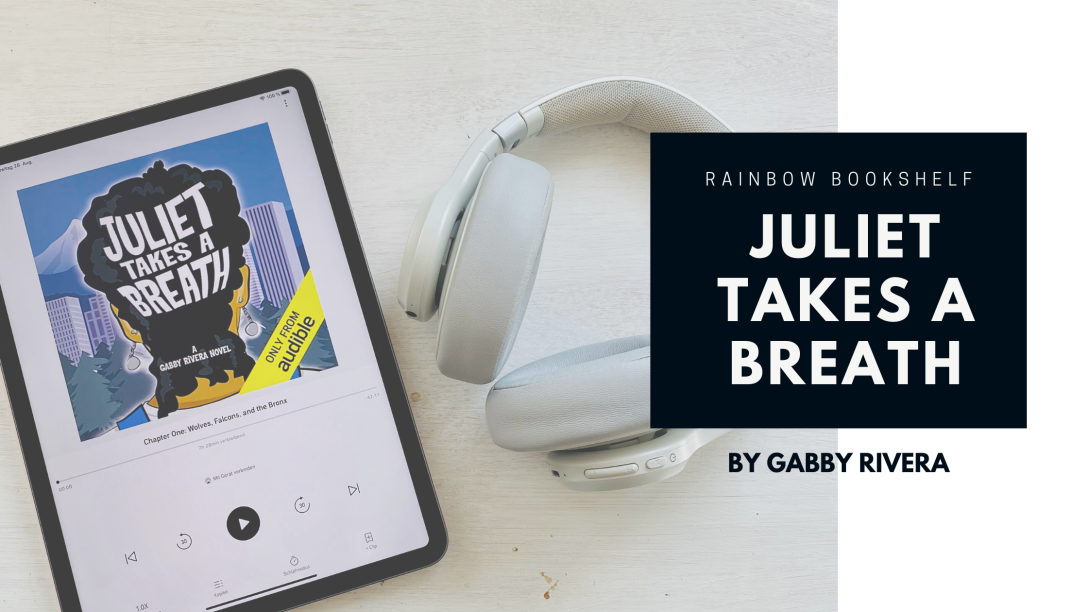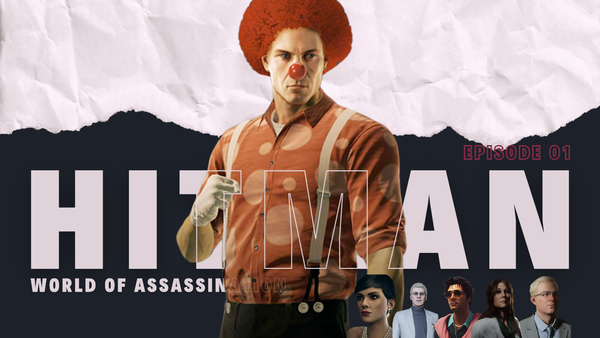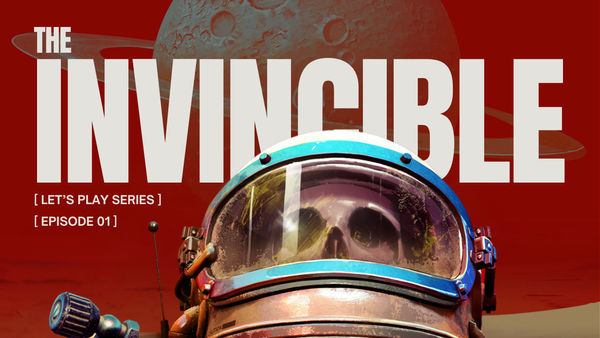Juliet Takes A Breath — Gabby Riviera | Review

“I wanted her to change my world.”
“Mi amor, only you can change your world.”
— Gabby Rivera, JULIET TAKES A BREATH
An excellent story about a young queer woman from the Bronx who goes to Portland for the summer to find a new love, White Feminism, and the joy of community. Rivera’s grasp on setting the scene and bringing environments to life is masterful.
The Coming Out
Juliet Takes A Breath begins with tears. During her goodbye dinner, Juliet comes out to her family, and it ends as one might expect. Her father says nothing, her mother locks herself in her room, crying, and makes it all about her “shame.” Throughout the novel, Juliet’s mom is a well of all the things straight people say: ‘it’s just a phase,’ ‘you just haven’t met the right boy,’ ‘you don’t know what love is yet.’ It’s frustrating as hell, especially as Juliet struggles and needs her mother to be there for her. Juliet’s mom says she loves her, but that Juliet has to forgive her for not being able to accept ‘what she told her’ — and that’s a nice euphemism for ‘who her daughter is in her heart.’
The Arrival
Juliet arrives in Portland, OR, still heartbroken and heartsick, too: her girlfriend, Laney, is also doing a summer internship, in D.C., and Juliet hasn’t heard from her since before her flight. No calls, not even a damn text.
And then, we meet Harlowe. Oh my God, Harlowe.
I didn’t touch the audiobook for a couple days after the first chapter with her, because I could not stop rolling my eyes after everything she said. This could have become a Did Not Finish, but I had too much affection for Juliet and too much curiosity about the story to leave it there.
The Ups and Downs

I’m so grateful that after Laney breaks up with her in the most cowardly way possible, Juliet immediately finds her rage and fury when before, with the white girls and the ignorance in intersectional spaces, she didn’t. She was slow to get mad about the things she doesn’t know, moving from embarrassment at her own ignorance (or, rather, innocence) to confusion and then anger at people’s intentions; including her parents’.
Her wake-up call comes when she feels betrayed by her home — by the United States, for the crimes committed against Puerto Rico. She wonders why she never knew (because the US school system isn't built on truth, it's built on having kids blindly pledge allegiance to a blood-soaked flag every day), and why her parents never told her. Laney expresses surprise that Juliet did not know about Banana Republic, and has the gall to tell her that, since she never protested against Laney shopping there, she’s made herself complicit, anyway.
Juliet grew up somewhat apolitical: white chicks just say dumb shit sometimes, she thinks when she arrives in Portland, and rolls her eyes. She is confused at Ava’s reminders to be careful around those blanquitas. Juliet experiences racism and microaggressions without at first placing them in the institutional context: that’s what she figures out soon her time in Portland is going to open her eyes to. She knows she doesn’t feel at home with white people; she’s comforted when she sees people who look like her on the outbound bus instead of white hippies, and yet she is drawn into their circle at first. Because she’s Harlowe’s guest, she sits at the fringes of a group of white women at the SF lit event they go to, and it makes her feel caught between two worlds.
It’s when Laney dumps her for a white girl and calls that girl her “forever person” that she can finally bring home to her middle class white family that Juliet calls it out for what it is, and the first time she suspects consciously racist motives on anyone else’s part; after expressing surprise that Ava would warn her of the coffee shop girls.
The Betrayal
When Harlowe finally revealed the ugly side of her white feminism, my hackles rose, I nearly dropped my cooking, and yelled, “I FUCKING KNEW IT!” It is, I think, a credit to Gabby Rivera’s writing that even if you’re dreading something like this might happen, it still punches you in the chest when it does. The numbness of Juliet’s shock is as perfectly executed as her character development up until that point.
In the following, I present to you the notes I quickly typed into my phone while listening to that chapter and cooking my dinner at the same time:
HARLOWE IS USING HER AS A SHIELD
"fought all of her life to get out of the Bronx alive" — yooooo hello racism
"she came here to learn to be a better feminist" — FROM THE WHITE LADY???
If you’ve not read it yet, you can imagine what might have happened.
From there, the story picks up as Juliet gets out of Portland and finally experiences some joy while visiting her family in Miami. Finding allies and companions in her cousin and her aunt (who’s bisexual, but no-one talks about it) brings a warmth to the text that is a much-needed balm after all that hardship.
When she returns, Harlowe is incapable of asking for forgiveness because "she didn't think she'd done anything wrong," and Zaira provoked her, so of course it wasn't her fault. The same way she cannot accept Maxine’s wish for her not to style herself as a walking Black Community Happenings newsletter; ignoring that Maxine is as part of that community already plugged well into that space. No matter that something is well-intentioned and principally good, when your partner asks you to stop doing that, then you stop.
Juliet, after her return to Portland, ends up doing a night of emotional labour for the person who wronged her. It’s also never touched on again that Juliet obviously wasn’t the first intern Harlowe ever took on. Juliet doesn’t interrogate that her being latinx is why Harlowe invited her in the first place, as a pretense.
The End
“You’ll meet people that you love who fuck up constantly. You’ll learn how to weed out the assholes from the warriors. You’ll know what groups of people to stay away from because they’re not safe spaces for your heart. You’ll learn when to forgive human error and when to eradicate the unworthy from your spirit.”
Even Maxine and Zaira won't punish Harlowe for what she did. That’s what Juliet’s super forgiving voicemail to Laney is like. Zaira says she’s had to distance herself from Harlowe and people like her — but she hasn't cut her off. This is especially interesting to view through the lens of what is today decried as “cancel culture” (most often but not exclusively by those who got cancelled). Harlowe’s lack of intersectionality reminds me of the more insensitive remarks by Caitlin Moran and other white feminists that made relatively small waves compared to what the reaction would be now.
If what Harlowe did at her reading were to happen today, would she be deplatformed by her own community? Considering how white feminists continue to put their foot in their mouths in 2020: probably not, no. Ava says that no-one in her queer & brown community in Miami gives a shit about Harlowe Brisbane’s pussy book, and I feel the same must have been the case for women of colour and C. Moran, eight years ago. But the hype that disproportionately favours white voices, including and most insidiously in feminist queer spaces, made it look to Juliet as though surely everyone, certainly every woman should have read it. To a young woman of colour at the beginning of her political identity, white supremacy looks to be the default. And thus, the ending is perhaps ambivalent: reluctant forgiveness in the name of peace; even after Juliet has realised the pernicious allure of White Feminism and challenged it, trusting in her own power.

Publisher Audible
Genre Coming-of-Age
Narrative voice First person
Pairings F/F, background poly relationships
Content warnings White feminism, racism, misogynoir
Maturity rating 14+




